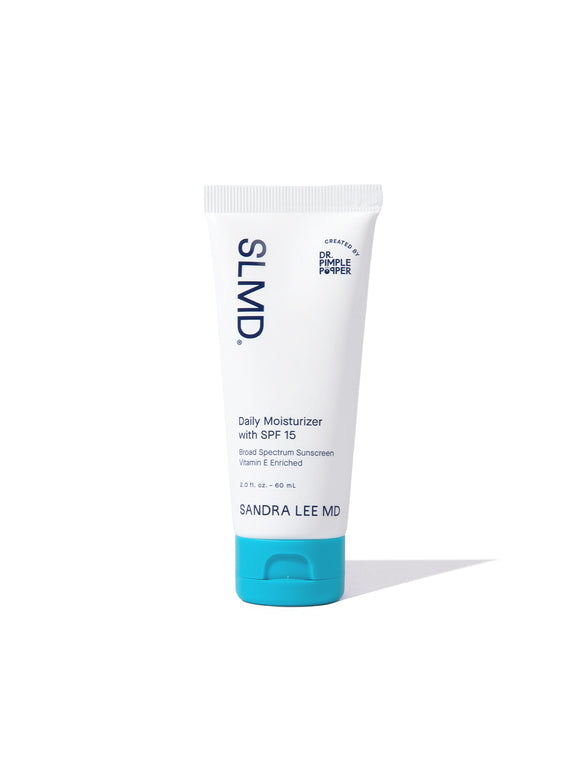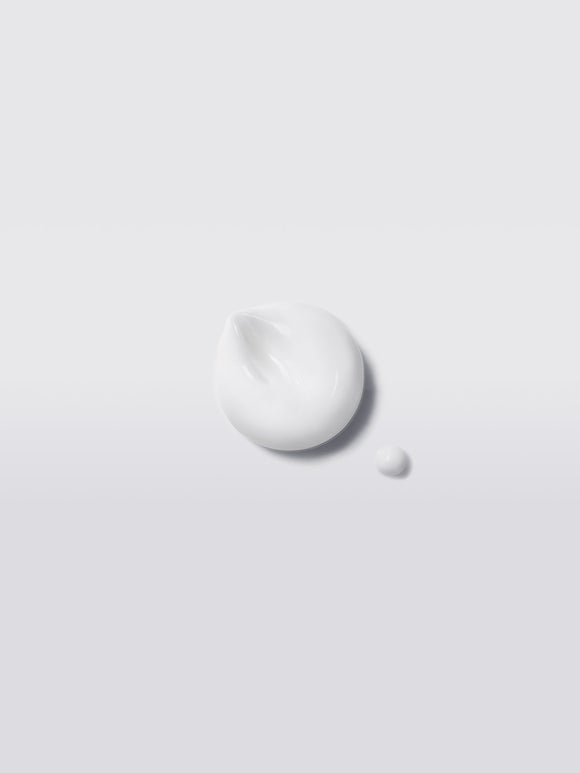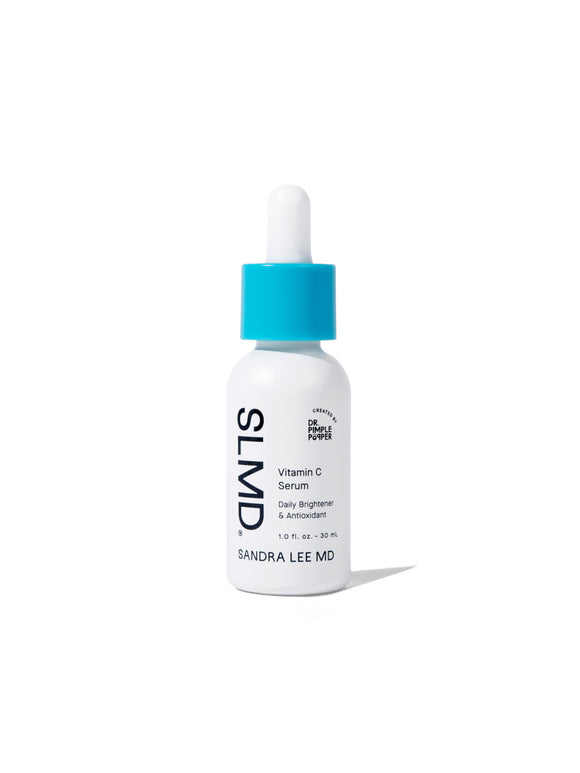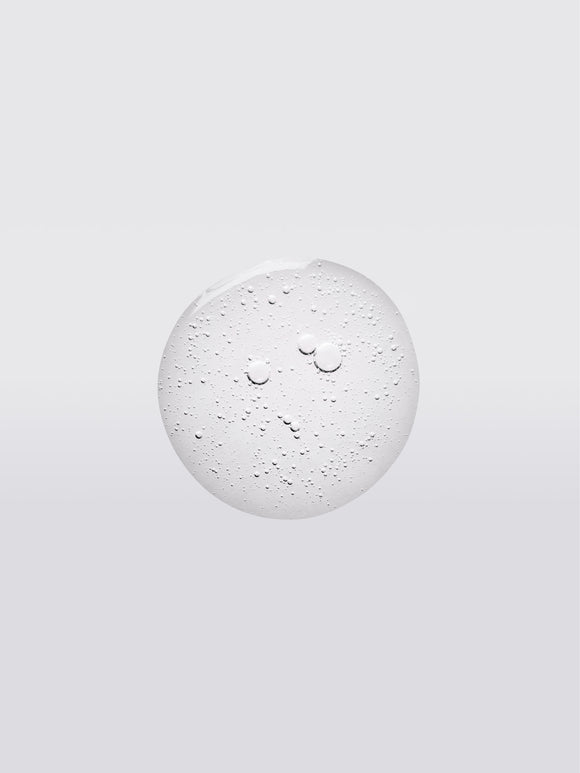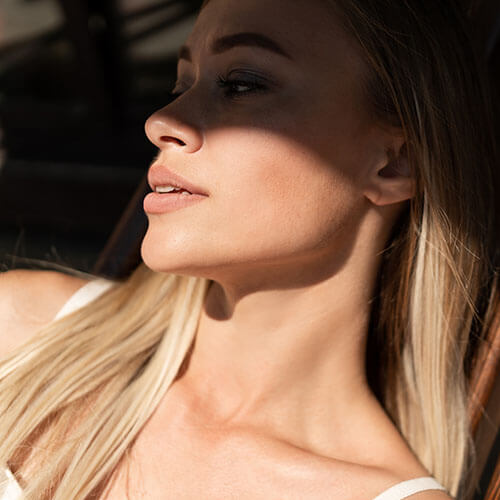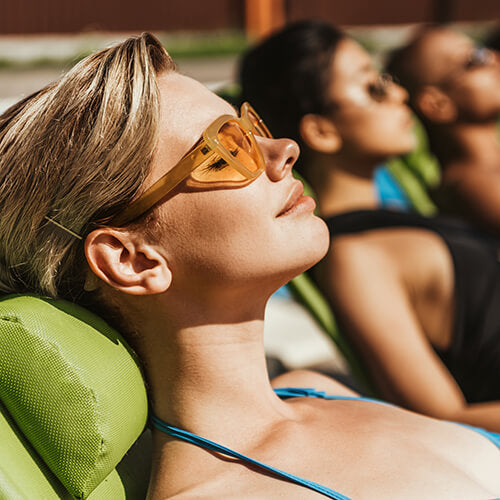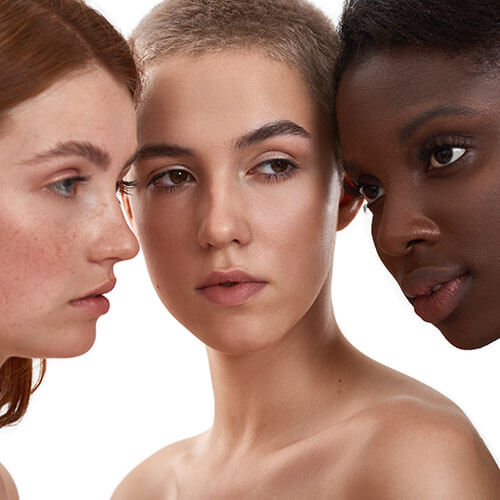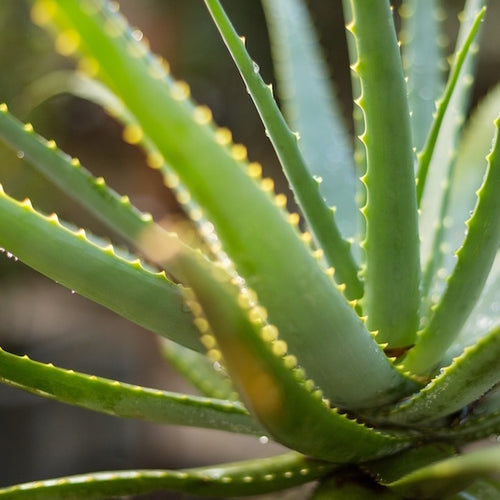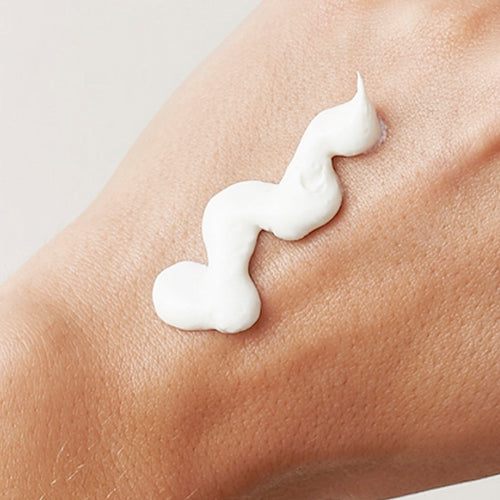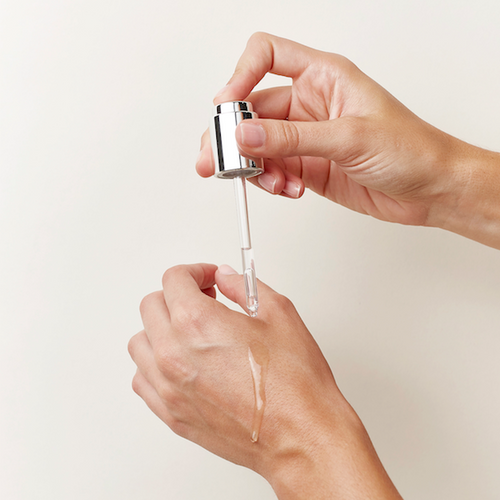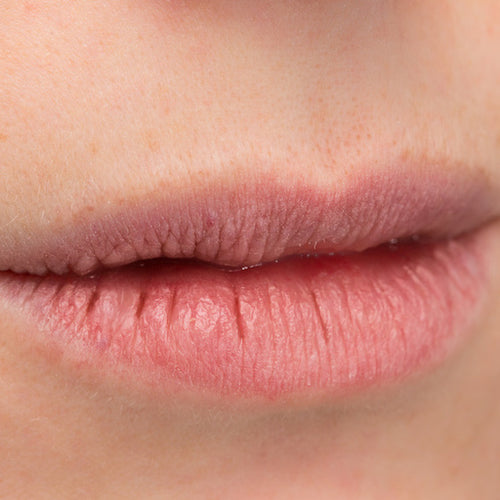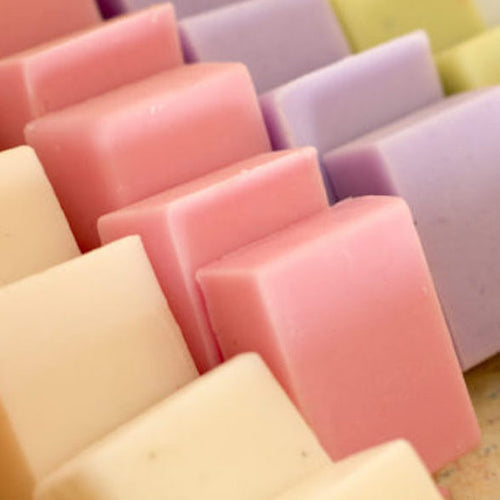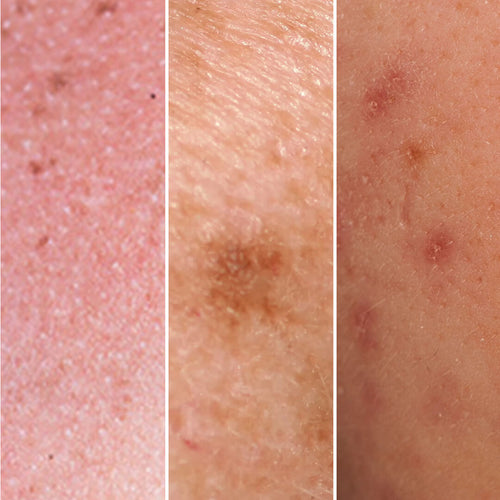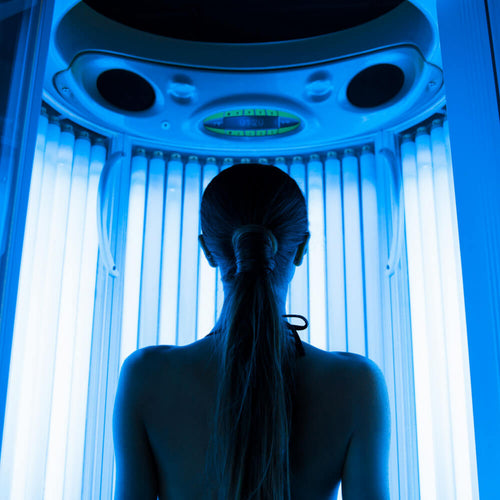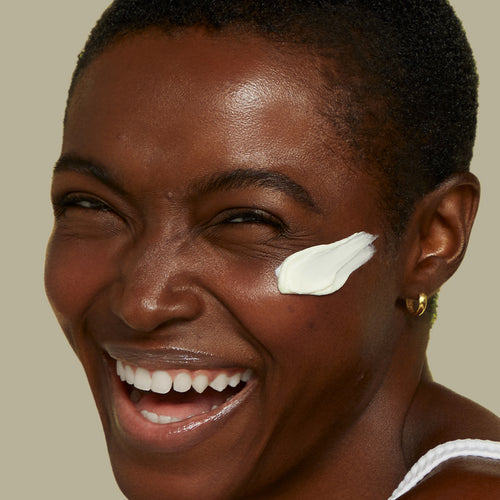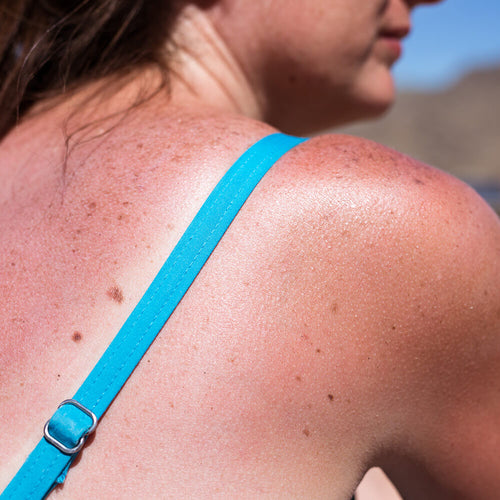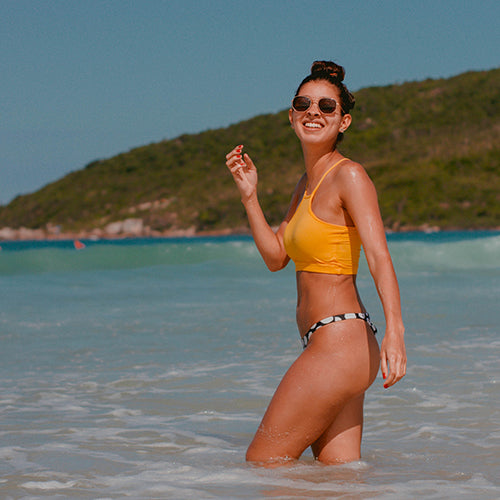
Why Some People Don't Get Sunburned: The Science Behind UV Protection
Some people tan and some people burn...but everyone still needs to be sun smart — here's how.Published:
2 minute read
Some people can lay out in the sun and achieve that perfect summer glow, whereas others have to cover up to avoid looking like a lobster. Why is that? Understanding how different skin types respond to sun exposure can help you protect your skin more effectively.
Article Quick Links
What causes sunburn?
Sunburn occurs when the skin is exposed to ultraviolet (UV) radiation from the sun, causing an inflammatory response. UV radiation damages the DNA in skin cells, leading to cell death and inflammation, which manifests as redness, pain, and swelling.
Dr. Pimple Popper's Sun Care Picks
The role of melanin in sun protection
Your skin tone is determined by genetics and created by melanin. Melanin is produced by cells called melanocytes and provides natural protection against UV damage. People with darker skin tones have more melanin, which offers greater protection against the sun's harmful rays. This is why populations with ancestral roots closer to the equator tend to have evolved higher melanin levels for better UV protection.
Genetic factors influencing sunburn and tanning
Genetics play a significant role in how our skin responds to sun exposure. Certain genes influence melanin production and skin color, affecting whether you tan or burn. People with fair skin have less melanin and are more prone to burning, while those with darker skin have more melanin and are more likely to tan.
Why some people don't seem to burn
People with darker skin tones are less likely to burn due to higher melanin levels, which absorb and dissipate UV radiation effectively. However, this does not mean they are immune to sun damage. Even those who don’t visibly burn can experience DNA damage and an increased risk of skin cancer.
Risks for people who don’t burn easily
Even if you don’t burn, sun exposure can still cause DNA damage, leading to skin cancer and other skin conditions like hyperpigmentation and melasma. It’s a misconception that only people who burn are at risk; everyone needs to protect their skin.
Preventive measures for all skin types
- Use sunscreen regularly: Wear broad-spectrum sunscreen every day, regardless of the weather or your skin tone. Reapply every two hours and after swimming or sweating.
- Incorporate antioxidants: Add ingredients like vitamin C and niacinamide to your routine to neutralize free radicals and enhance UV protection, promoting healthier skin.
- Wear protective clothing: Opt for hats, sunglasses, and long sleeves to minimize UV exposure.
- Seek shade: Avoid the sun during peak hours (10 a.m. to 4 p.m.) when UV radiation is strongest.
- Monitor skin changes: Regularly check your skin for new or changing moles and spots. Early detection is crucial for preventing skin cancer.

Dr. Lee's Last Word
No matter your skin tone, everyone needs to be mindful of sun exposure. Even if you don't burn easily, you're still at risk for sun damage and skin cancer. Make sunscreen your best friend, wear protective clothing, and seek shade during peak UV hours. Keep an eye on your skin for any changes and consult a dermatologist if you notice anything unusual.



